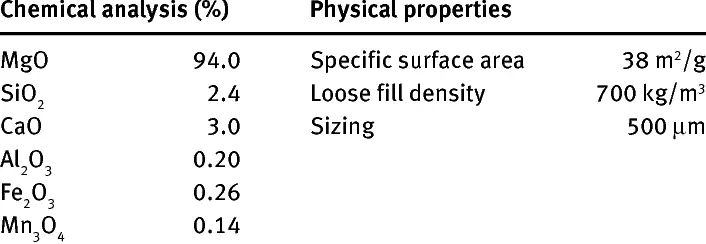Contents
Magnesium analysis
Definition of magnesium
Le magnesium is essential to the activity of many e and energy metabolism of cells (in its ionic form Mg2 +). It also participates in the stabilization mechanisms of the cell membrane and in the conduction of nerve messages, among others.
More than half of the body’s magnesium is contained in the bones, the rest being found inside the cells. There is therefore relatively little magnesium circulating in the blood (1% of the total).
Its balance in the blood is however crucial: it depends in particular on absorption in the intestine and its renal excretion.
Magnesium is partly provided by food (green vegetables, chocolate, dried fruit, mineral water), the recommended daily dose being about 0,2 mmol / kg.
It should be noted that the magnesium requirements can be multiplied by 3 in children, during the pregnancy or thefeeding.
Why do a blood magnesium test?
Since not enough magnesium is present in the blood, its dosage is quite random and of little medical benefit.
In addition, the blood magnesium level (magnesemia) does not always correlate with the concentrations of magnesium present in the tissues.
However, this dosage may be prescribed in certain situations, in cases of renal failure, for example, cirrhosis of the liver, intestinal malabsorption syndrome or in people undergoing prolonged diuretic therapy (which increases renal excretion).
What results can we expect from a magnesium analysis?
Le dosage is done on a blood sample, by a venipuncture usually at the bend of the elbow. No preparation is necessary.
As an indication, the blood concentrations Normal magnesium range from 0,7 to 1,1 mmol / L (millimoles per liter).
If the concentration is less than 0,7 mmol / L, it is called hypomagnesemia.
Several genetic diseases have been associated with hypomagnésémie. This is also common in hospitalized patients, in intensive care units or in intensive surgical care (up to 60% of patients). When severe, it can increase the risk of ventricular arrhythmias. It therefore requires a supply of magnesium.
Conversely, thehypermagnesemia (> 2 mmol / L) is much less common. The main cause is kidney failure, and it can lead to serious neuromuscular and cardiac manifestations. It is therefore essential to prevent it.
Read also : Our fact sheet on magnesium |










